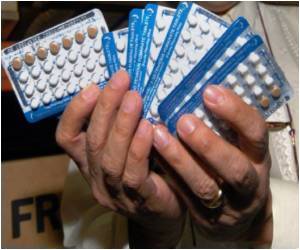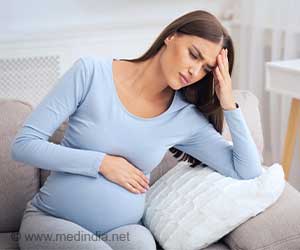A decade-long battle over the access to birth control pills has finally ended, and the contraceptives are now available without limits on age.

The ruling orders the Food and Drug Administration to make levonorgestrel-based emergency contraception available over the counter to people under 17 without a doctor's prescription.
Emergency contraceptives contain the same active ingredients as birth control pills but at higher doses, and can prevent pregnancy if taken within 72 hours of unprotected intercourse.
Experts say it is most effective during the first 24 hours.
However, US pharmacies have required a prescription for those less than 17 years old. Those 17 and over must present government-issued identification in order to purchase it, and it has only been available at pharmacies.
The Center for Reproductive Rights, which brought the lawsuit, hailed the ruling as a "landmark decision" and a "victory" for women.
Advertisement
"It's a true victory for all women, especially young women, women without government-issued identification, and those who live in areas with limited pharmacy hours."
Advertisement
"This is an ongoing legal matter for the agency, so we won't have any additional comment at this time," she said.
The fight over access to the morning-after pill, which was approved for prescription use in 1999, has been raging since 2001, with advocates saying there should be wider access and critics warning of health and social dangers.
In December 2011, the FDA was poised to allow over-the-counter access to a morning-after pill called Plan B One-Step, made by Pennsylvania-based Teva Pharmaceuticals.
But this was swiftly blocked by another government agency, Health and Human Services.
HHS Secretary Kathleen Sebelius said there was not enough data on its use by under-17s and cited "significant cognitive and behavioral differences between older adolescent girls and the youngest girls of reproductive age."
President Barack Obama supported Sebelius, saying at the time she was not confident it should be as available to 10- or 11-year-olds as bubble gum or batteries, since it could have adverse effects if not used properly.
However, Judge Korman described US regulators' moves to restrict access as "arbitrary, capricious, and unreasonable."
Since fewer than three percent of girls under 13 are sexually active in the Untied States, "the potential population about whom the Secretary is concerned is infinitesimal," he wrote.
His ruling orders the FDA to make Plan B and its generic equivalents available without a prescription and without age restrictions within thirty days.













